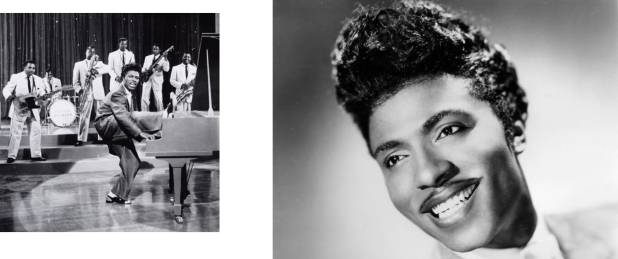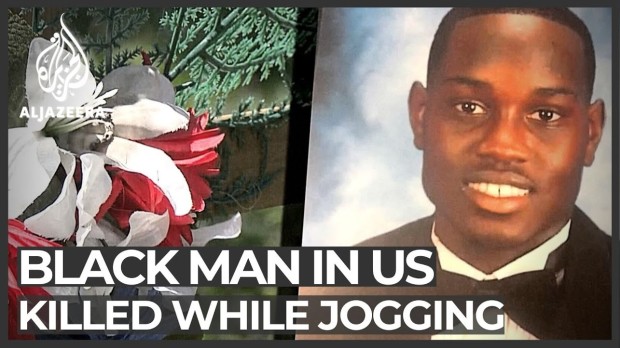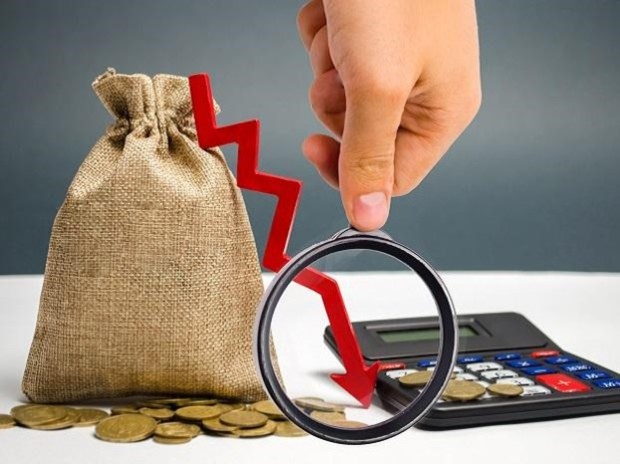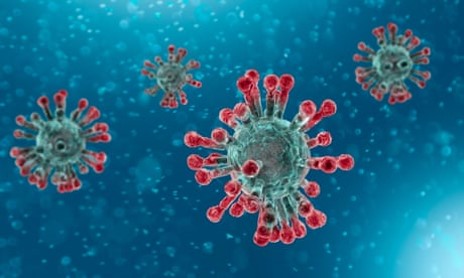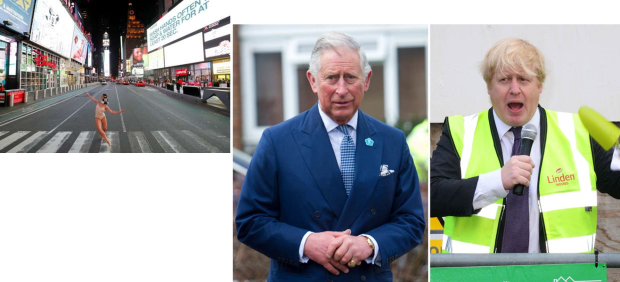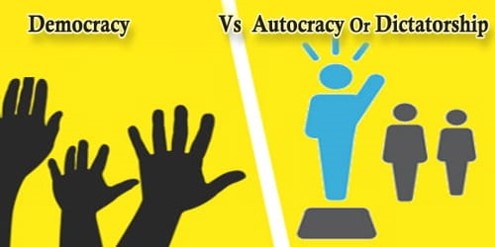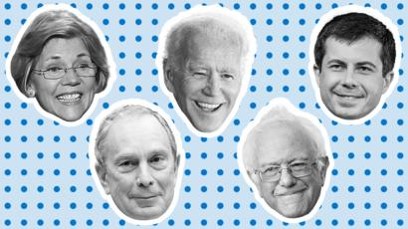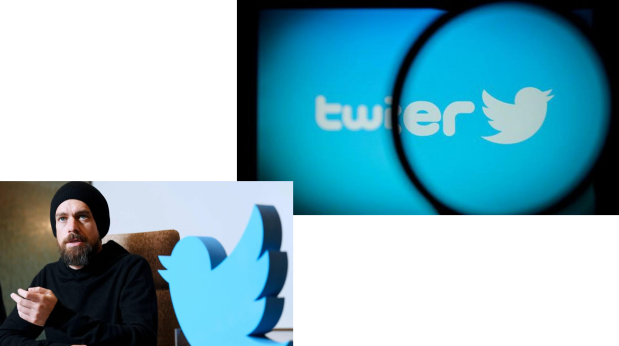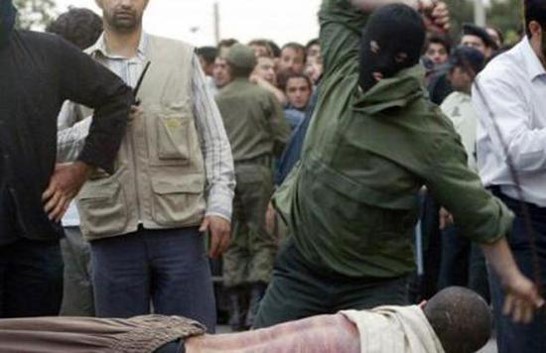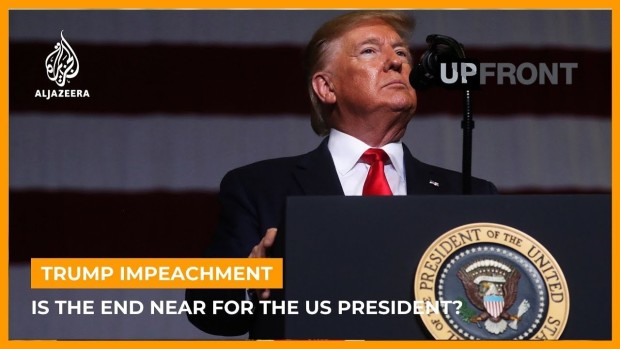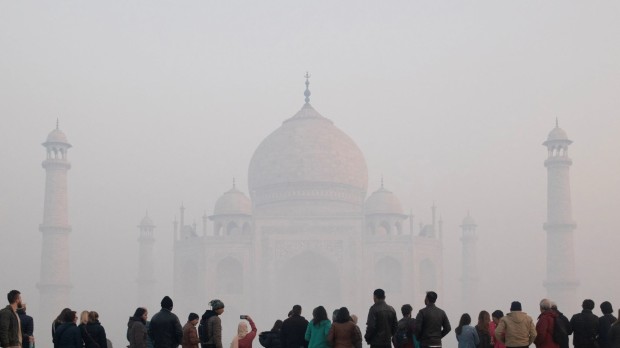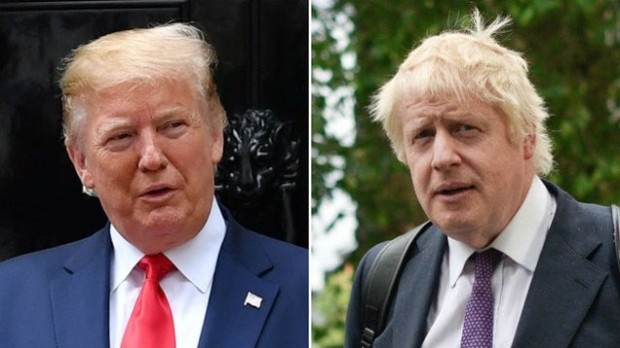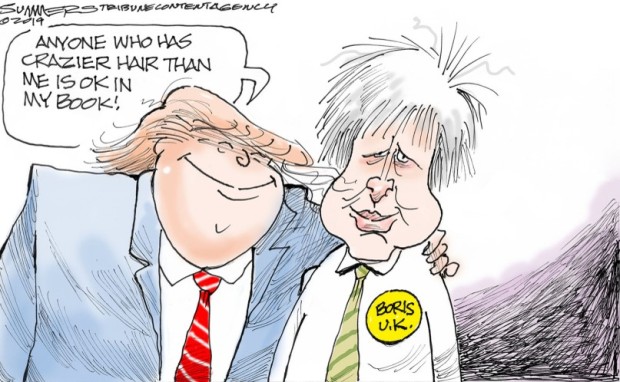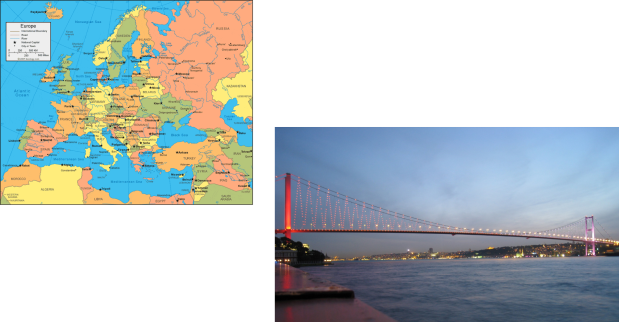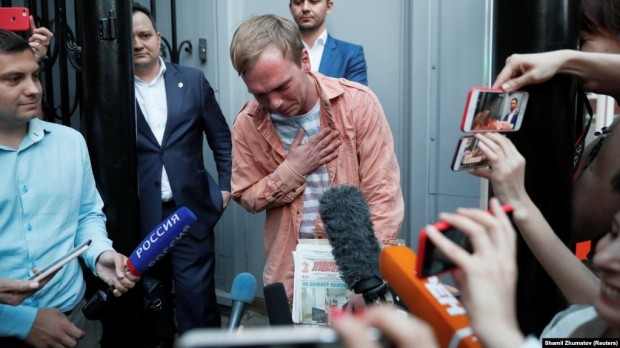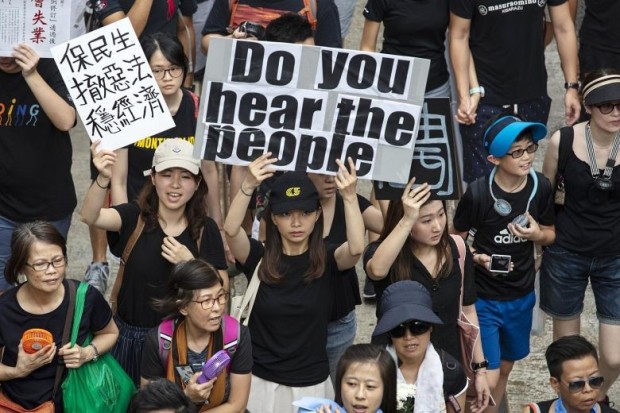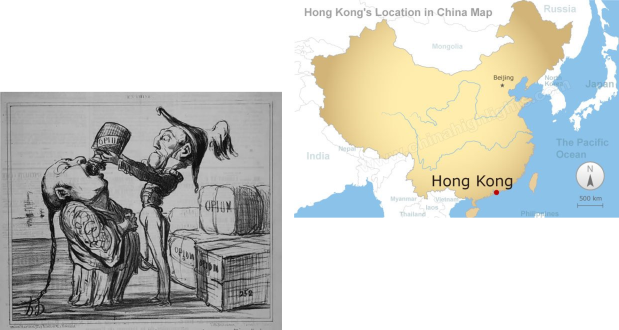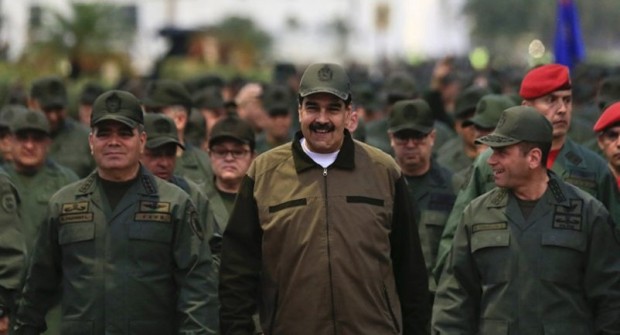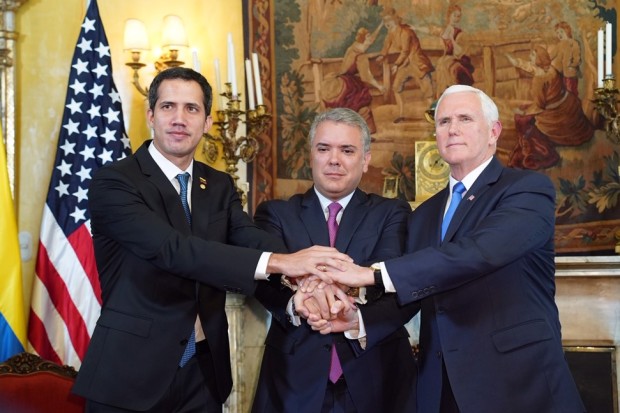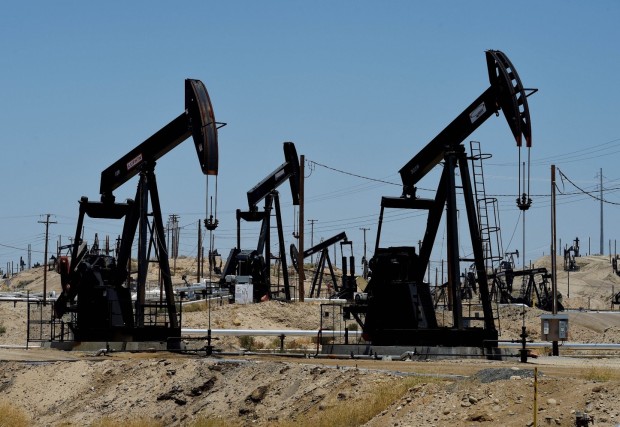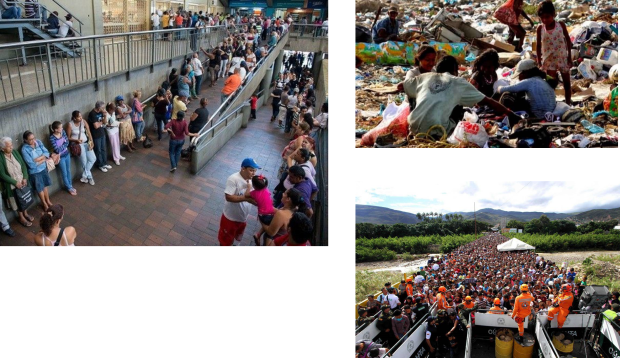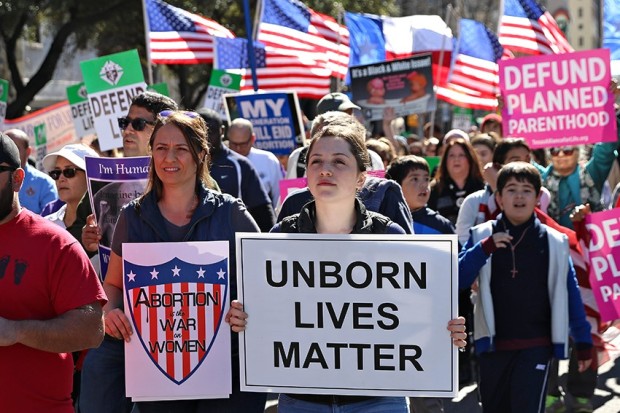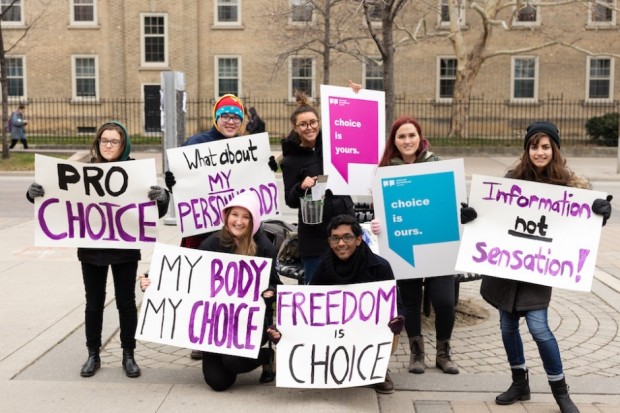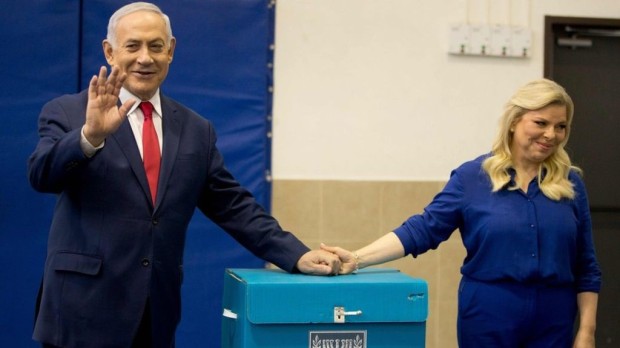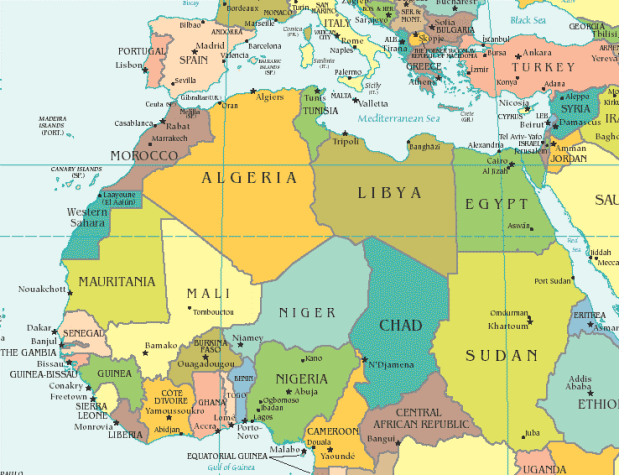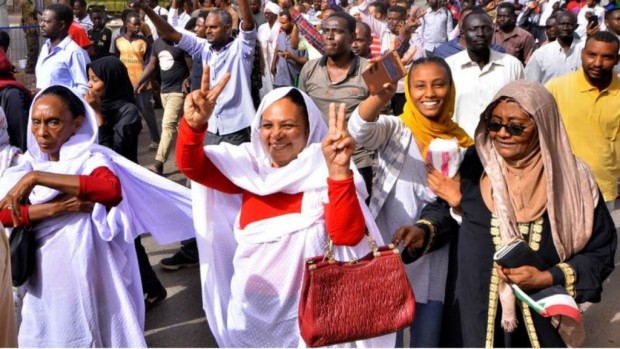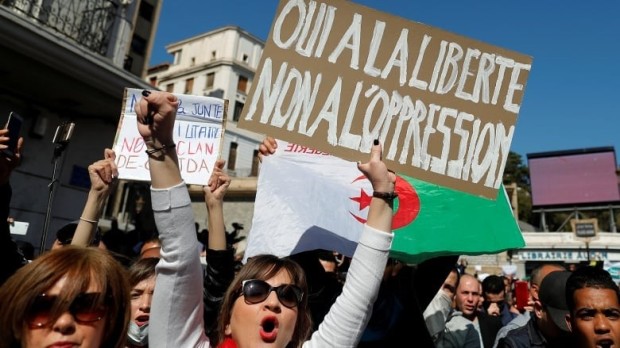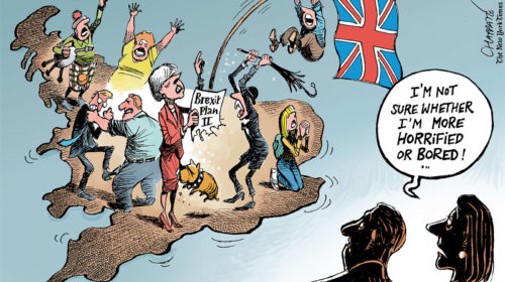Coronavirus Update

In Britain, pubs opened up at the weekend, where social distancing and use of mask was basically abandoned, whereas other countries are still being much more vigilant about following medical advice about using a mask and observing social distancing where possible.
While some countries seem to be out of the woods, like Italy and Spain, other countries, such as Brazil, India and Mexico, are getting clobbered by the virus and have yet to see any downturn in infections and deaths. The US, after seeing steep declines in the major Covid-19 epicenters, such as New York, has registered alarming increases in infection rates in regions previously largely unscathed by the disease. The World Health Organization says that we are nowhere near the end of this scourge, so brace yourselves for more online everything.
Black Lives Matter
The shocking filming of George Floyd being murdered by policemen sparked a global reaction against institutional racism and treatment of minorities in many countries. The movement, Black Lives Matter, previously considered somewhat peripheral, has gained mainstream acceptance and politicians and public figures are running to embrace it.

In Bristol, protesters tore down the statue of a notorious slave trader and threw it into the river. Winston Churchill’s statue was targeted in London but remains standing. Are there any national heroes without flaws?
This has led to a resurgence in the bringing down of statues of figures considered unsavory and unworthy of the kind of public reverence that statues afford individuals. In the United States, protestors once again have been targeting generals and others considered heroes in the South for their participation in the US civil war of 1861-1865. There people were, after all, fighting to break up the United States and therefore were committing treason. More difficult are the cases of other important figures in US history, such as George Washington and Thomas Jefferson. While pivotal in the creation of the United States, both of these men owned slaves and only Washington freed his slaves upon his death.
In Great Britain, protestors in Bristol pulled down a statue of a notorious slave trader who had also been a benefactor of the city. Others had their eyes on statues of Cecil Rhodes at Oxford University, the infamous colonialist/imperialist whose name was given to the country then known as Rhodesia, later Zimbabwe. Students from all over the world receive the Rhodes Scholarship to study at that venerated university and have included people such as Bill Clinton and three former prime ministers of Australia.
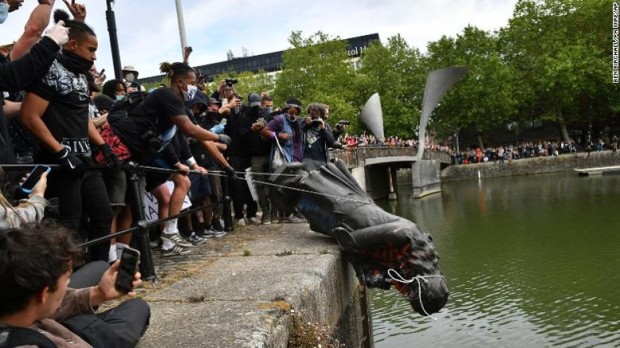
Other targets were Winston Churchill and Horacio Nelson, both of whom were instrumental in saving Britain from aggressive foreign powers. Churchill is accused of contributing to a massive famine in Bengal and generally being a racist. But does this undo the fact that he almost single-handedly saved Europe from the biggest racist of all time? Assessing history with current values is extremely difficult.
Hong Kong
Things in Hong Kong have been heating up over the last 4 or 5 years as China seeks to tighten its grip on the former British colony. After the opium wars in which Britain defeated a decadent and weak China, Hong Kong passed to British control for the next 150 years. In this time, despite being a colony, certain democratic guarantees were afforded to the population. When Hong Kong was handed back to China in 1997, China agreed to preserve these democratic guarantees and shrouded this anomaly as “one country, two systems.”
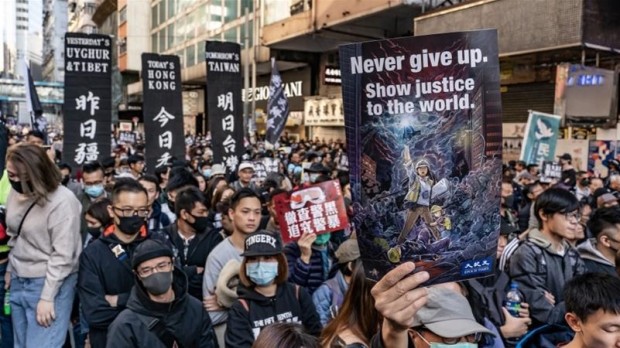
However, China has made very aggressive moves to curb these freedoms which has produced mass protests and adversely affected the economy of this previously very successful capitalist enclave. Young people are exasperated by the fact that their right to things like freedom of speech and freedom of assembly are being curbed and could be decimated altogether in the near future. The world seems to accept the inevitability of this, showing just how effective China has been in making itself an indispensable economic force in the globalized world. And also, how countries in the west, however much they may decry the human rights abuses that China commits (locking up of hundreds of thousands of Uighurs, quashing any dissent in Tibet, etc.), economic interests are paramount and trump all others.
Transgender rights
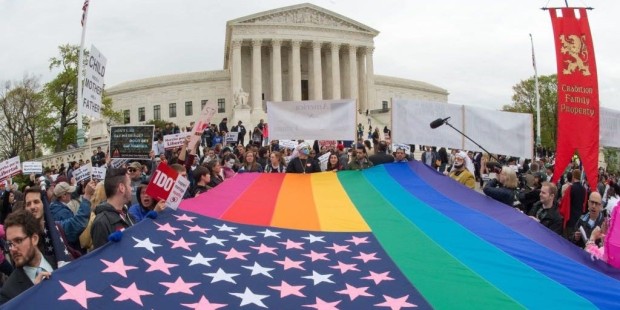
US Supreme Court rules to protect the rights of transgender people.
The US Supreme Court, in a landmark decision, ruled that discrimination in the work place of transgender people was illegal and companies that practice this would be liable for it. Thus, the transgender community is protected by the same guarantees that women, African Americans and gays have had to protect them in the working environment. Groups throughout the US celebrated this ruling although there are still likely to be heated debate about what gender entails, exemplified by JK Rawlings being eviscerated for her supposedly anti-transgender remarks concerning what it biologically means to be a woman. These kinds of conflicts are not likely to peter out anytime soon.
Nominated Minister of Education resigns before assuming post
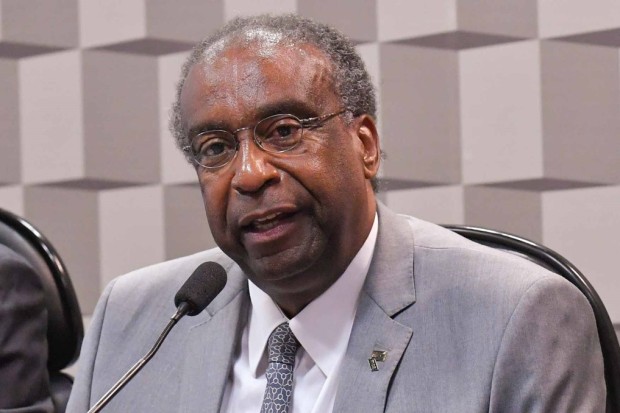
Carlos Decotelli, president Jair Bolsonaro’s pick to become the new education minister, was forced to resign after it was proven that he had lied on his CV about his educational attainments. He listed a PhD from an Argentine university and post-doctoral work in Germany as part of his qualification, both of which were false. This resulted in him withdrawing his name for consideration.

Ministers Ricardo Salles and Damares Alves both lied on their CVs but continue to exercise posts of high responsibility. Did Carlos Decotelli’s swift removal have something to do with his color?
Questions about Decotelli’s race, he is an Afro-descendent, were raised because several other ministers also lied about their qualifications but are still serving in active roles in the present government. Some are asking why they were allowed to continue whereas Decotelli was pressured to resign. Experts point to a tendency in society to judge black people harder than whites so that any negative behaviors can be pointed at as having to do with race, rather than just individual shortcomings. When a white person does something heinous, sociological explanations are offered, whereas when a black person behaves anti-socially, racial explanations are often offered implicitly or explicitly. Imagine if Barack Obama had had the same kind of corruption and incompetence being shown by the current Trump administration. How would he be judged.
